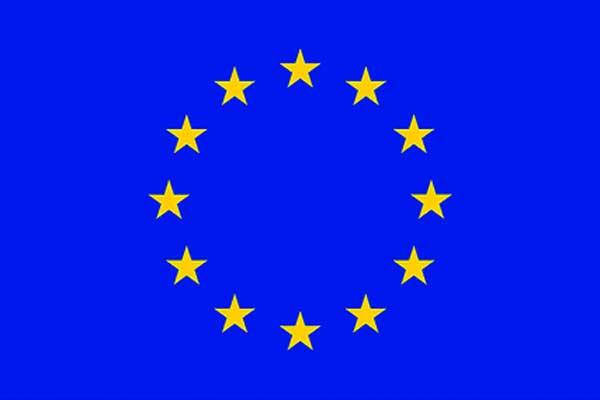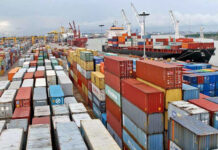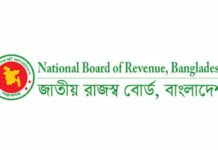To facilitate import-export with Bangladesh, the European Union (EU) has demanded that customs clearance be granted for cargo, including all types of imported boxes from outside the seaport area with, removal of unnecessary containers from the port, and introduction of container round use facility.
In a letter to the Foreign Minister, they also sought the facility of container interchange between Dhaka Railway Terminal and River Terminal.
According to a letter sent to Foreign Minister AK Abdul Momen on 1 February by Charles Whitley, the EU Ambassador to Bangladesh, only 37 types of imported goods are currently receiving customs clearance outside the port area. The rest of the goods are receiving customs clearance inside the port, which accounts for 75% of the total imports.
The EU says thousands of empty containers have been lying idly at Bangladesh’s Chittagong and Mongla ports for years, creating congestion at the ports. They have proposed to remove these containers through strict implementation of the law.
At present, foreigners can own a maximum of 49% of the logistics sector. The EU wants 100% ownership in this sector to increase investment.
Charles Whiteley said in the letter that in almost all countries, including India and Vietnam, 100% foreign ownership of inland container depots or off-docks is allowed.
In addition, the alliance of 27 European countries which also happens to be the destination for Bangladesh’s highest exports, has proposed to open the shipping and logistics sector in Bangladesh for 100% foreign investment, increase the license period from 4 years to 10 years, reduce agency commissions, ensure electronic delivery order and introduce a paperless bill of lading (blockchain) facility.
The EU has proposed amendments to the agency commissions to comply with global fixed costs and models in shipping and logistics. The letter states that if an agent makes a booking, that agent receives 5% of the net freight. If a principal makes a booking, the agent receives 2.5% of the net freight. These fluctuations in net freight affect agency commissions.
Calling for streamlined logistics services, the EU said a major challenge in shipping and logistics is the involvement of multiple ministries and agencies in the sector. These ministries play a role in policy, rules, planning, infrastructure management, and service delivery.
This has hampered coordination between agencies in the logistics sector and ministries and hampered the overall development of the sector, the letter said.
The EU has recommended ensuring electric delivery orders, paperless bill of lading (blockchain), and Holley’s ecosystems to facilitate business through the digitisation of logistics and port operations.
The EU has also proposed the introduction of an easy customs clearance system on the basis of fewer documents and the unloading of goods with an invoice of less than Tk 2,000 with duty-free facilities.
In the letter, Charles Whiteley said, ‘The EU delegation has been conducting a business climate dialogue with EU member states’ diplomatic missions in Dhaka since 2016. The talks, chaired by the Commerce Minister, were aimed at improving our trade and investment relations. Resolve the challenges that companies face in doing business; in short, its goal was to help establish Bangladesh as an attractive place for doing business.’
The EU focused on three areas: shipping and logistics, customs clearance, and tax policies.




